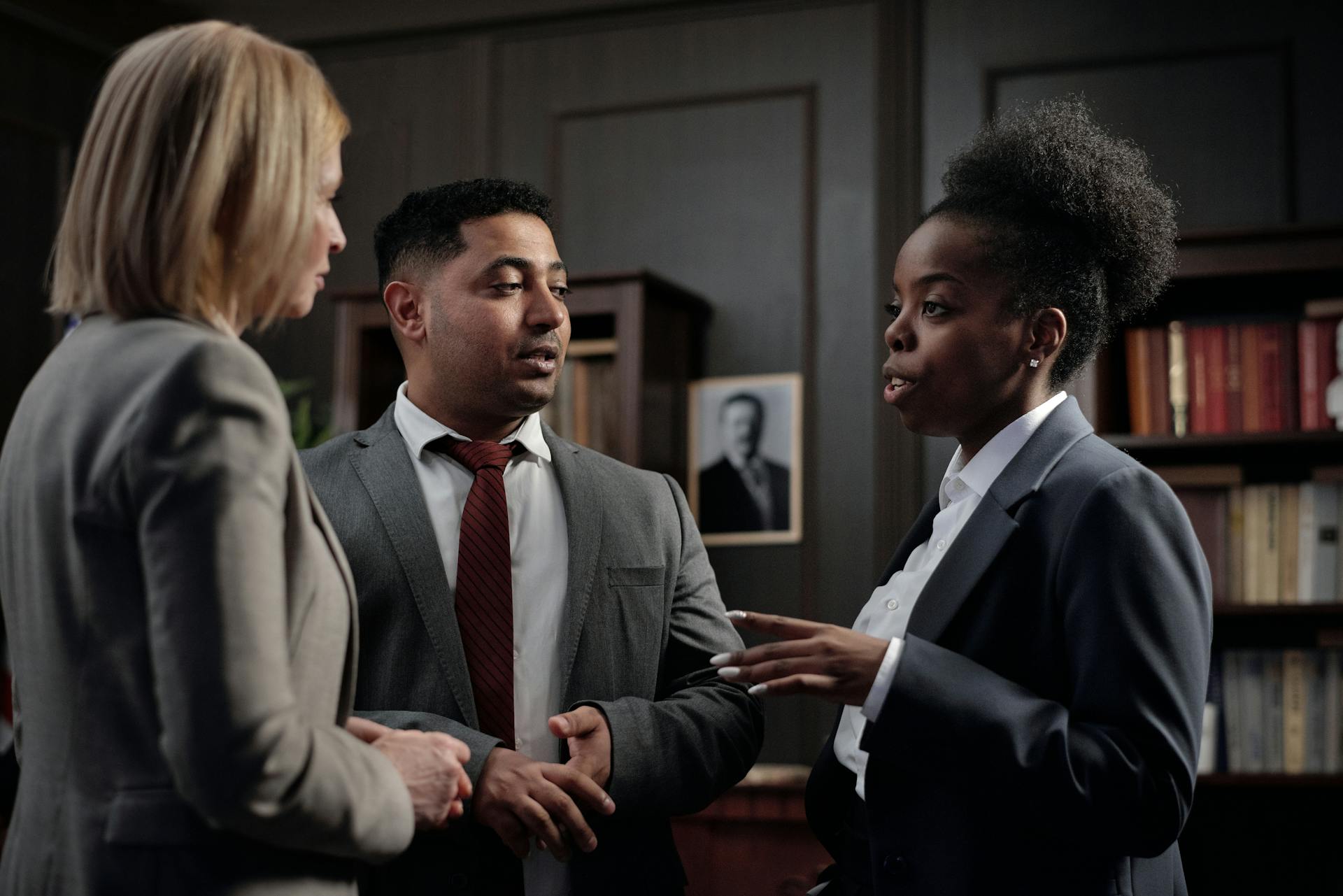Mass tort cases are complex and challenging, requiring attorneys to possess a unique blend of skills to effectively represent multiple plaintiffs against large corporations or entities. Unlike individual lawsuits, mass tort cases involve numerous plaintiffs who have suffered similar harm due to the same defendant’s actions, such as defective products, dangerous pharmaceuticals, or environmental hazards. To successfully navigate the intricacies of mass tort litigation, attorneys must master a diverse set of skills. Here’s a comprehensive look at the essential skills attorneys need to handle mass tort cases effectively.
1. In-Depth Legal Knowledge and Expertise
One of the most critical skills for attorneys handling mass tort cases is a deep understanding of the relevant laws and regulations. Mass tort litigation often involves complex legal issues related to product liability, personal injury, environmental law, and consumer protection. Attorneys must stay informed about the latest legal developments, court rulings, and precedents that may impact their cases. Additionally, they must be well-versed in the procedural aspects of mass tort litigation, including multidistrict litigation (MDL) and coordinated proceedings.
2. Strong Analytical and Research Skills
Mass tort cases require extensive research and analysis to build a compelling case. Attorneys must gather and review vast amounts of information, including scientific studies, medical records, regulatory filings, and previous litigation involving the defendant. Strong analytical skills are essential for interpreting complex data, identifying patterns, and drawing connections between the defendant’s actions and the harm suffered by the plaintiffs. Effective research skills enable attorneys to uncover crucial evidence and develop a robust legal strategy.
3. Effective Communication Skills
Clear and effective communication is vital for attorneys handling mass tort cases. They must be able to convey complex legal concepts and factual information to various audiences, including clients, judges, juries, and opposing counsel. Strong written and verbal communication skills are essential for drafting legal documents, presenting arguments in court, and negotiating settlements. Additionally, attorneys must communicate regularly with multiple plaintiffs, keeping them informed about the progress of the case and addressing their concerns.
4. Organizational and Case Management Skills
Managing a mass tort case involves handling numerous plaintiffs, extensive documentation, and multiple legal proceedings. Attorneys must possess exceptional organizational and case management skills to keep track of all aspects of the litigation. This includes maintaining detailed records, managing deadlines, coordinating with co-counsel, and ensuring that all necessary actions are taken promptly. Effective case management helps streamline the litigation process and prevents critical details from falling through the cracks.
5. Negotiation and Mediation Skills
Many mass tort cases are resolved through settlements rather than going to trial. Attorneys must be skilled negotiators to secure fair and favorable settlements for their clients. This involves understanding the strengths and weaknesses of the case, assessing the value of the claims, and negotiating with opposing counsel to reach an agreement. Additionally, attorneys should be adept at mediation, a process in which a neutral third party facilitates negotiations between the parties to resolve the dispute. Strong negotiation and mediation skills can help achieve efficient and satisfactory outcomes for all involved.
6. Empathy and Client Relations
Handling mass tort cases requires a high level of empathy and compassion for the plaintiffs, many of whom have suffered significant physical, emotional, and financial harm. Attorneys must build strong relationships with their clients, understanding their individual stories and concerns. Demonstrating empathy and providing emotional support can help clients feel valued and respected throughout the litigation process. Strong client relations also enhance trust and cooperation, which are essential for gathering necessary information and working effectively as a team.
7. Team Collaboration and Leadership
Mass tort cases often involve collaboration with a team of attorneys, paralegals, experts, and support staff. Attorneys must be able to work effectively as part of a team, delegating tasks, coordinating efforts, and ensuring that everyone is aligned with the case strategy. Strong leadership skills are essential for guiding the team, making critical decisions, and keeping the litigation on track. Effective team collaboration enhances efficiency and ensures that all aspects of the case are thoroughly addressed.
8. Technical and Technological Proficiency
In today’s digital age, attorneys handling mass tort cases must be proficient in using technology to manage information, conduct research, and communicate with clients and colleagues. This includes utilizing case management software, electronic discovery tools, and data analytics to organize and analyze evidence. Technical proficiency helps streamline the litigation process, reduce costs, and improve overall efficiency.
9. Trial Advocacy and Litigation Skills
While many mass tort cases are settled out of court, some may proceed to trial. Attorneys must be skilled trial advocates, capable of presenting compelling arguments, cross-examining witnesses, and persuading judges and juries. Strong litigation skills, including courtroom procedures and trial techniques, are essential for achieving favorable outcomes in cases that go to trial.
10. Adaptability and Resilience
Mass tort litigation can be unpredictable and challenging, requiring attorneys to adapt to changing circumstances and remain resilient in the face of setbacks. Attorneys must be flexible, able to adjust their strategies as new information emerges or unexpected challenges arise. Resilience is essential for maintaining focus, staying motivated, and continuing to advocate effectively for clients despite the complexities and pressures of mass tort cases.
Handling mass tort cases demands a diverse and comprehensive skill set. Attorneys must possess in-depth legal knowledge, strong analytical and research abilities, effective communication, and exceptional organizational and case management skills. Empathy, negotiation, teamwork, and technical proficiency are also crucial for navigating the intricacies of mass tort litigation. By developing and honing these skills, attorneys can effectively represent their clients, achieve favorable outcomes, and hold defendants accountable for their actions.



